December 18 stands as one of history’s most eventful days, witnessing the rise and fall of empires, groundbreaking discoveries, and moments that shaped our modern world across centuries of human achievement.

Politics and Government Events on December 18
1917 – Prohibition Amendment Passes Congress
The United States Congress passed the resolution containing the language of the Eighteenth Amendment to enact Prohibition. This momentous decision would transform American society and culture for over a decade.
The amendment’s passage marked the culmination of decades of temperance activism. The resulting era would create unprecedented challenges for law enforcement and spawn an entire underground economy.
1944 – Supreme Court Upholds Japanese American Internment
The Supreme Court issued its decision in Korematsu v. United States, supporting President Roosevelt’s Executive Order 9066. This ruling cleared the way for the incarceration of nearly 120,000 Japanese Americans during World War II.
Two-thirds of those affected were U.S. citizens, born and raised in America. The decision would later be recognized as one of the most shameful episodes in American legal history.
1981 – First Flight of Soviet Tu-160 Bomber
The Russian heavy strategic bomber Tu-160 completed its maiden flight, becoming the world’s largest combat aircraft. This supersonic bomber represented the pinnacle of Soviet military aviation technology.
The aircraft’s variable-sweep wing design enabled both high-speed penetration and efficient cruise flight. Its development marked a significant escalation in Cold War military capabilities.
2019 – Trump Impeached by House of Representatives
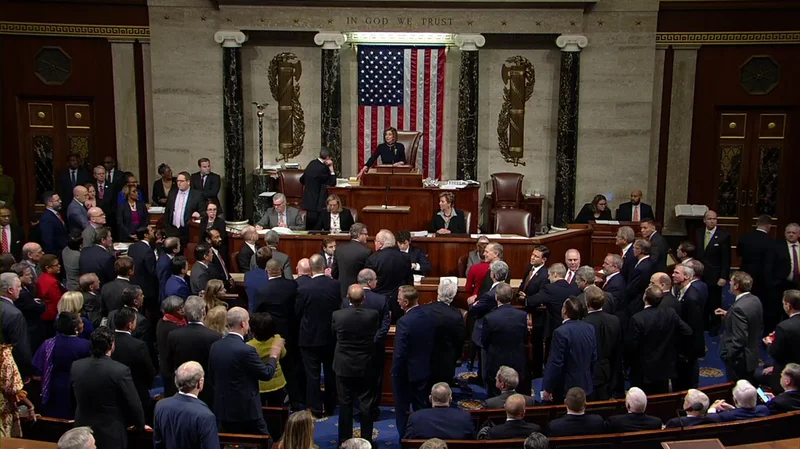
The United States House of Representatives impeached Donald Trump for the first time in his presidency. This historic vote made Trump only the third president in American history to face impeachment proceedings.
The impeachment centered on allegations of abuse of power and obstruction of Congress. The proceedings would dominate American political discourse for months to come.
2018 – Chadian Civil War Begins
Rebel groups launched an attack in Adré, beginning the Chadian Civil War. The rebels allegedly received backing from neighboring Sudan, escalating regional tensions.
The conflict would destabilize Chad’s eastern regions and create thousands of refugees. International observers worried about the war’s potential to spread throughout the Sahel region.
2006 – UAE Holds First Elections
The United Arab Emirates conducted its first-ever elections, marking a historic step toward democratic participation. This milestone represented a significant political evolution in the Gulf region.
The elections allowed citizens to participate directly in selecting representatives to the Federal National Council. The event demonstrated the UAE’s commitment to gradual political modernization.
Military and Naval History on December 18
1916 – Battle of Verdun Ends
World War I’s longest and bloodiest battle concluded when the second French offensive pushed German forces back several kilometers. The Germans ceased their attacks on this strategic fortress city after months of devastating warfare.
The battle’s end marked a crucial turning point in the war’s Western Front. Both sides had suffered enormous casualties, but France successfully defended one of its most important defensive positions.
1939 – First Major Air Battle of World War II
The Battle of the Heligoland Bight became the first major air battle of World War II. This engagement demonstrated the evolving nature of aerial warfare in the new conflict.
The battle revealed crucial lessons about fighter escort requirements and bomber vulnerability. These insights would reshape Allied bombing strategies throughout the war.
1944 – Bombing of Hankow Supply Base

XX Bomber Command responded to Japanese Operation Ichi-Go by dropping five hundred tons of incendiary bombs on a supply base in Hankow, China. This massive air raid targeted crucial Japanese logistical infrastructure.
The bombing demonstrated America’s growing ability to project air power deep into Japanese-controlled territory. The attack significantly disrupted Japanese supply lines supporting their mainland operations.
1972 – Operation Linebacker II Announced
President Richard Nixon announced that the United States would engage North Vietnam in Operation Linebacker II, the Christmas bombings. This decision came after peace talks collapsed with North Vietnam.
The announcement marked a dramatic escalation in the Vietnam War’s final phase. The operation would become one of the most controversial military campaigns of the conflict.
Science and Discovery Milestones on December 18
1958 – First Communications Satellite Launched
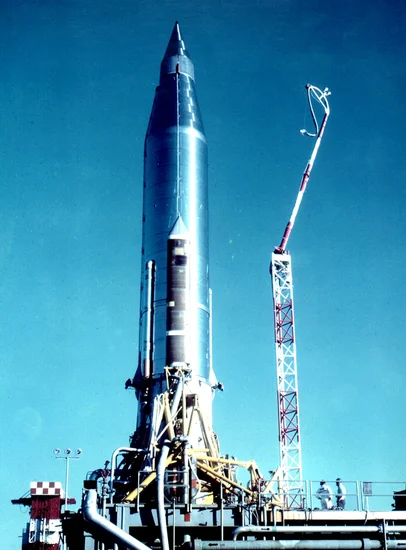
Project SCORE launched the world’s first communications satellite into orbit. This groundbreaking achievement opened the door to global satellite communications.
The satellite successfully transmitted messages between distant locations on Earth. This technological breakthrough revolutionized international communications and laid the foundation for modern telecommunications.
1966 – Discovery of Saturn’s Moon Epimetheus
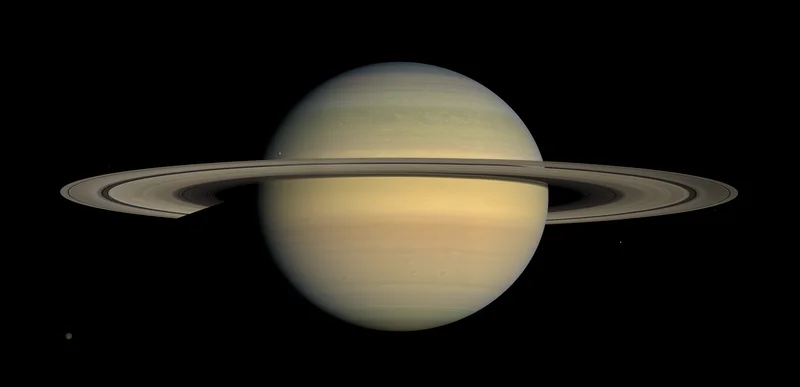
Astronomer Richard Walker discovered Epimetheus, one of Saturn’s moons, expanding our understanding of the solar system. This small moon orbits close to Saturn’s rings in a complex gravitational dance.
The discovery added to the growing catalog of Saturn’s satellite system. Epimetheus would later prove crucial for understanding ring dynamics and orbital mechanics.
1999 – NASA Launches Terra Earth Observation Platform
NASA launched the Terra platform carrying five Earth Observation instruments, including ASTER, CERES, MISR, MODIS, and MOPITT. This comprehensive satellite began monitoring Earth’s climate and environmental changes.
The platform’s multiple instruments provided unprecedented data about atmospheric conditions, land surface changes, and ocean temperatures. Terra’s observations would prove essential for climate change research.
2018 – Massive Meteor Explodes Over Bering Sea
A meteor exploded over the Bering Sea with a force over ten times greater than the atomic bomb that destroyed Hiroshima. This massive bolide event demonstrated the ongoing threat of space debris to Earth.
The explosion released enormous energy but occurred over uninhabited ocean areas. Scientists used the event to better understand atmospheric entry dynamics and planetary defense strategies.
Cultural and Arts Events on December 18
1993 – Sam Wanamaker Dies
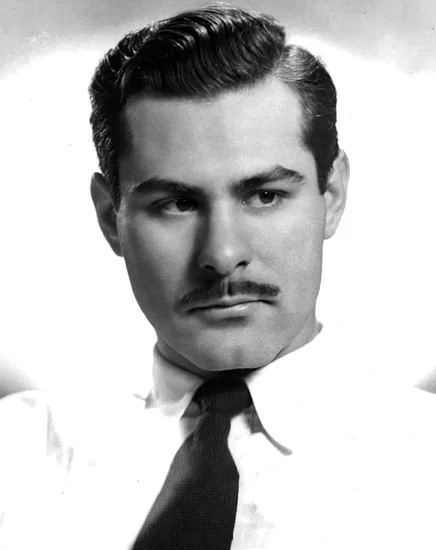
American-English actor, director, and producer Sam Wanamaker passed away, leaving behind a remarkable legacy in theater and film. His work bridged American and British entertainment industries throughout his career.
Wanamaker’s contributions to theater included significant efforts to reconstruct Shakespeare’s Globe Theatre in London. His vision and persistence helped preserve theatrical history for future generations.
1997 – Chris Farley Dies

Beloved comedian and actor Chris Farley died at age 33, shocking fans worldwide. His energetic performances on Saturday Night Live and in films like Tommy Boy made him a comedy icon.
Farley’s physical comedy style and infectious personality influenced a generation of performers. His untimely death highlighted the pressures faced by entertainers in the spotlight.
2006 – Joseph Barbera Dies
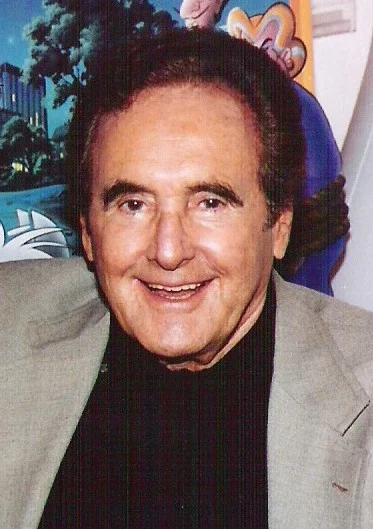
Joseph Barbera, co-founder of Hanna-Barbera animation studio, passed away after creating some of television’s most beloved cartoon characters. His partnership with William Hanna produced timeless animated classics.
Barbera’s creations included The Flintstones, The Jetsons, and Scooby-Doo, entertaining millions of children worldwide. His innovative approach to television animation revolutionized the medium.
Religious and Social Events on December 18
1977 – Steve Biko Born
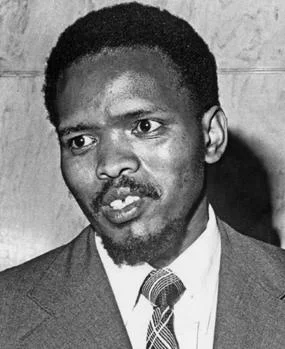
Steve Biko, South African anti-apartheid activist and founder of the Black Consciousness Movement, was born on this date. His philosophy emphasized black pride and self-reliance in the struggle against racial oppression.
Biko’s ideas profoundly influenced South African liberation movements and inspired activists worldwide. His tragic death in police custody in 1977 made him a martyr for the anti-apartheid cause.
1919 – John Alcock Dies
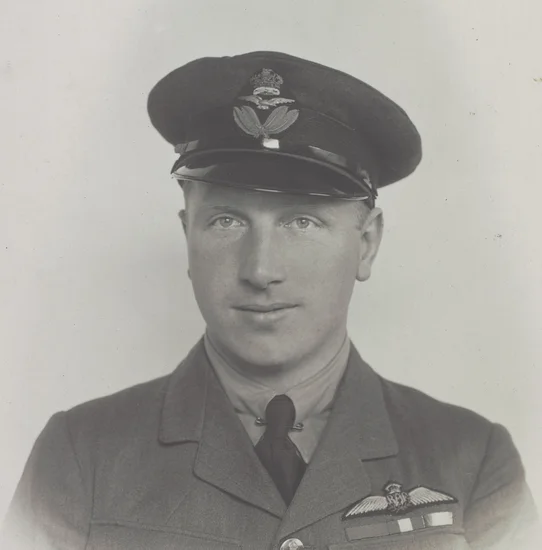
Aviation pioneer John Alcock died in a flying accident, ending the life of one of history’s most celebrated pilots. He had achieved fame for completing the first non-stop transatlantic flight with Arthur Brown.
Alcock’s historic flight from Newfoundland to Ireland in 1919 proved that long-distance aviation was possible. His death represented a significant loss to the early aviation community.
2011 – Václav Havel Dies
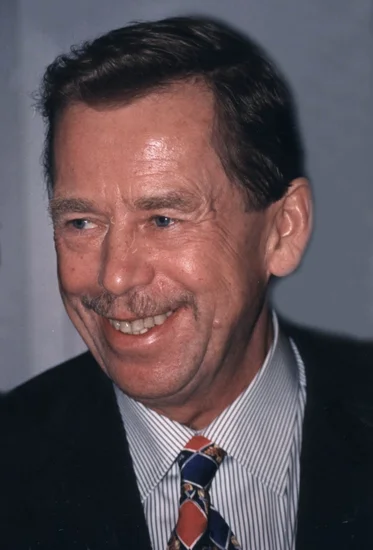
Czech poet, playwright, and politician Václav Havel passed away, ending an extraordinary life dedicated to human rights and democracy. He served as the first President of the Czech Republic after the Velvet Revolution.
Havel’s writings and activism helped inspire the peaceful overthrow of communist rule in Czechoslovakia. His moral authority and intellectual leadership guided his nation’s transition to democracy.
Business and Economic Events on December 18
2002 – California Budget Crisis Announced
California Governor Gray Davis announced that the state faced a record budget deficit of $35 billion, roughly double the figure reported during his reelection campaign. This revelation shocked taxpayers and political observers.
The massive deficit would trigger a series of political events leading to Davis’s recall. The crisis demonstrated the challenges of managing large state budgets during economic downturns.
2021 – Last British Coal Mine Closes

Kellingley Colliery, the last deep coal mine in Great Britain, closed its operations permanently. This event marked the end of an era that had defined British industrial history for centuries.
The closure symbolized Britain’s transition away from coal-based energy production. Thousands of mining jobs disappeared as the nation embraced renewable energy sources.
1996 – Konrad Zuse Dies
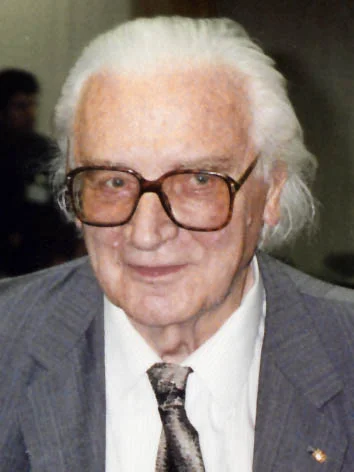
German engineer Konrad Zuse, designer of the Z3 computer, passed away after pioneering early computer development. His innovations laid crucial groundwork for the digital revolution.
Zuse’s Z3 computer, completed in 1941, was one of the world’s first programmable computers. His engineering achievements helped establish Germany as a center of early computer science.
Transportation and Infrastructure on December 18
1977 – United Airlines Flight 2860 Crashes

United Airlines Flight 2860 crashed near Kaysville, Utah, killing all three crew members aboard. This tragic accident highlighted ongoing aviation safety challenges.
The crash prompted investigations into aircraft maintenance procedures and pilot training protocols. Safety improvements resulting from such incidents helped make commercial aviation progressively safer.
2017 – Amtrak Derailment in Washington State
Amtrak Cascades passenger train 501 derailed near DuPont, Washington, killing six people and injuring 70 others. The accident occurred during the train’s inaugural run on a new route.
The derailment raised serious questions about railway safety systems and crew training. Investigations revealed multiple failures in safety protocols and infrastructure management.
1977 – Air Disaster in Madeira

SA de Transport Aérien Flight 730 crashed near Madeira Airport in Funchal, Portugal, killing 36 people. The accident demonstrated the challenges of operating aircraft in mountainous terrain.
The crash led to improved approach procedures at challenging airports worldwide. Enhanced navigation systems and pilot training programs resulted from lessons learned from this tragedy.
Sports and Recreation on December 18
1932 – First NFL Playoff Game
The Chicago Bears defeated the Portsmouth Spartans in the first NFL playoff game to win the NFL Championship. This historic contest established the modern playoff system format.
The game was played indoors at Chicago Stadium due to poor weather conditions. This innovative solution helped demonstrate professional football’s adaptability and growing popularity.
2022 – Argentina Wins FIFA World Cup
Argentina defeated defending champions France 4-2 on penalties following a 3-3 draw after extra time to win the 2022 FIFA World Cup. Lionel Messi finally captured the trophy that had eluded him throughout his career.
The final was widely regarded as one of the greatest World Cup matches ever played. Messi’s triumph cemented his status as one of football’s all-time greatest players.
1957 – Tornado Destroys Sunfield, Illinois
A violent F5 tornado completely wiped out the community of Sunfield, Illinois, demonstrating nature’s devastating power. The tornado’s intensity made it one of the most destructive on record.
The disaster led to improved tornado warning systems and emergency response protocols. Weather forecasting technology advanced significantly following this and similar catastrophic events.
Notable Births on December 18
1946 – Steven Spielberg Born

Steven Spielberg, American director, producer, and screenwriter, was born and would become one of cinema’s most influential figures. His films would define blockbuster entertainment for generations.
Spielberg co-founded DreamWorks and created numerous iconic films including Jaws, E.T., and Jurassic Park. His storytelling mastery earned him multiple Academy Awards and universal acclaim.
1963 – Brad Pitt Born

Brad Pitt, American actor and producer, entered the world destined for Hollywood stardom. His charismatic performances would make him one of the most recognizable faces in entertainment.
Pitt’s career spans decades of critically acclaimed films and commercial successes. His production company has supported numerous award-winning projects throughout the film industry.
1946 – Steve Biko Born
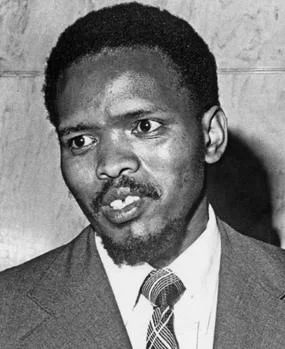
Steve Biko, South African activist and founder of the Black Consciousness Movement, was born to fight against apartheid oppression. His philosophy emphasized black pride and self-determination.
Biko’s ideas profoundly influenced liberation movements across Africa and beyond. His tragic death in police custody made him a powerful symbol of resistance against racial injustice.
1980 – Christina Aguilera Born

Christina Aguilera, American singer-songwriter, producer, and actress, was born to become a pop music icon. Her powerful voice would earn her multiple Grammy Awards and worldwide recognition.
Aguilera’s career has evolved from teen pop star to mature artist exploring various musical genres. Her vocal range and artistic versatility have influenced countless contemporary performers.
1913 – Willy Brandt Born
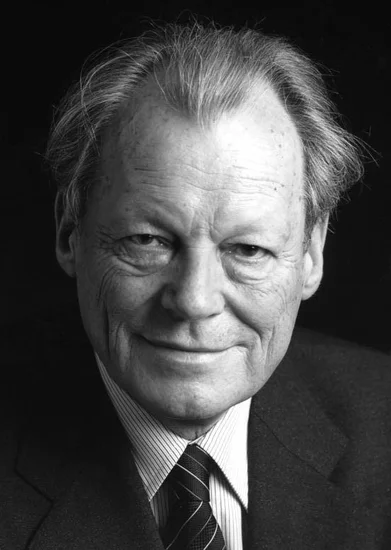
Willy Brandt, German politician who became the 4th Chancellor of Germany, was born to lead his nation through crucial Cold War transitions. His diplomatic efforts would earn him the Nobel Peace Prize.
Brandt’s Ostpolitik policy helped ease tensions between East and West Germany. His leadership during the late 1960s and early 1970s shaped modern European politics.
2001 – Billie Eilish Born

Billie Eilish, American singer and songwriter, was born to revolutionize contemporary pop music. Her unique style and introspective lyrics would captivate a new generation of listeners.
Eilish’s debut album achieved massive commercial and critical success while she was still a teenager. Her innovative approach to music and fashion has influenced youth culture worldwide.
Notable Deaths on December 18
1980 – Alexei Kosygin Dies
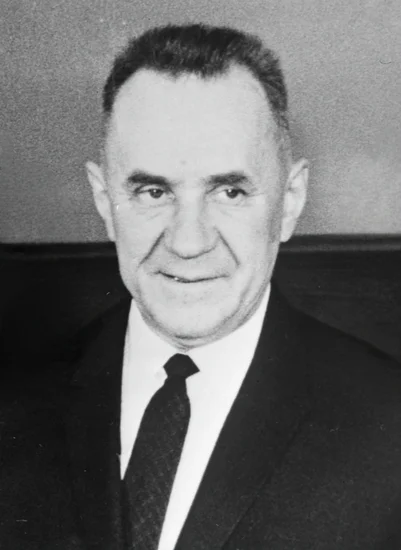
Alexei Kosygin, Russian soldier and politician who served as the 8th Premier of the Soviet Union, passed away after decades of public service. His leadership helped guide the USSR through challenging Cold War periods.
Kosygin’s economic reforms attempted to modernize Soviet industry and agriculture. His pragmatic approach to governance influenced Soviet policy during crucial decades of the 20th century.
1972 – Neilia Hunter Biden Dies
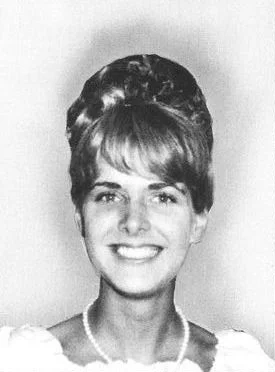
Neilia Hunter Biden, first wife of future President Joe Biden, died in a tragic car accident that also claimed their daughter. This devastating loss shaped Biden’s personal and political life profoundly.
The tragedy occurred just weeks after Biden’s election to the U.S. Senate. Her death motivated Biden’s commitment to family values and his daily commute from Washington to Delaware.
1975 – Theodosius Dobzhansky Dies
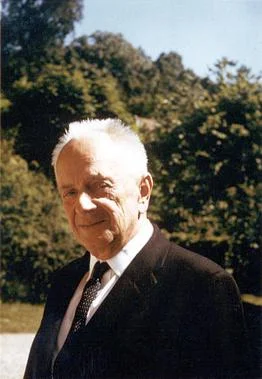
Theodosius Dobzhansky, Ukrainian geneticist and evolutionary biologist, passed away after revolutionizing our understanding of genetics and evolution. His work bridged laboratory research and field studies.
Dobzhansky’s research on fruit fly genetics provided crucial evidence for evolutionary theory. His famous quote “Nothing in biology makes sense except in the light of evolution” became a cornerstone of modern biological thinking.
2000 – Kirsty MacColl Dies

British singer-songwriter Kirsty MacColl died in a tragic boating accident in Mexico, cutting short a brilliant musical career. Her witty lyrics and distinctive voice had earned her critical acclaim and devoted fans.
MacColl’s collaborations with artists like The Pogues produced memorable hits that combined humor with social commentary. Her death at age 41 robbed the music world of a unique talent.
1971 – Bobby Jones Dies
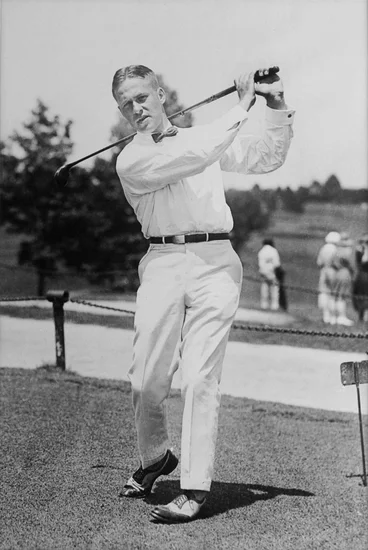
Bobby Jones, American golfer and lawyer, passed away after dominating professional golf during the 1920s. His Grand Slam achievement in 1930 remains one of sports’ greatest accomplishments.
Jones retired from competitive golf at age 28 to focus on his law practice. His contributions to golf course design and tournament organization continued to influence the sport long after his playing career ended.
Holidays and Observances on December 18
International Migrants Day
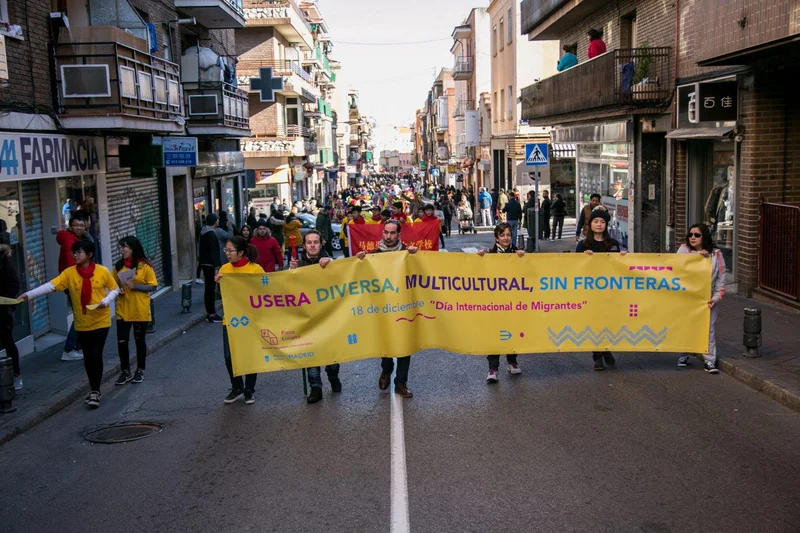
International Migrants Day recognizes the contributions and challenges faced by migrants worldwide. The United Nations established this observance to promote understanding and protect migrant rights.
The day highlights both the positive contributions migrants make to their host countries and the difficulties they face. Educational programs and advocacy events occur globally to raise awareness about migration issues.
National Day of Qatar

Qatar celebrates its National Day commemorating the unification of the country under Sheikh Jasim bin Mohammed Al Thani. This important holiday celebrates Qatari heritage, culture, and national identity.
The celebration includes parades, cultural performances, and displays of national pride. Qatar’s rapid modernization and international prominence make this observance particularly significant in the contemporary Middle East.
Republic Day of Niger
Niger observes Republic Day marking its establishment as a republic within the French Community. This national holiday celebrates the country’s progress toward full independence and democratic governance.
The day features official ceremonies and cultural celebrations throughout the West African nation. Niger’s journey from colonial territory to independent republic reflects broader patterns of African decolonization.
UN Arabic Language Day
The United Nations celebrates Arabic Language Day to promote linguistic diversity and multilingualism. This observance recognizes Arabic as one of the UN’s six official languages and celebrates its rich cultural heritage.
Arabic serves as the primary language for over 400 million people worldwide. The day features cultural events, educational programs, and celebrations of Arabic literature, poetry, and arts.
